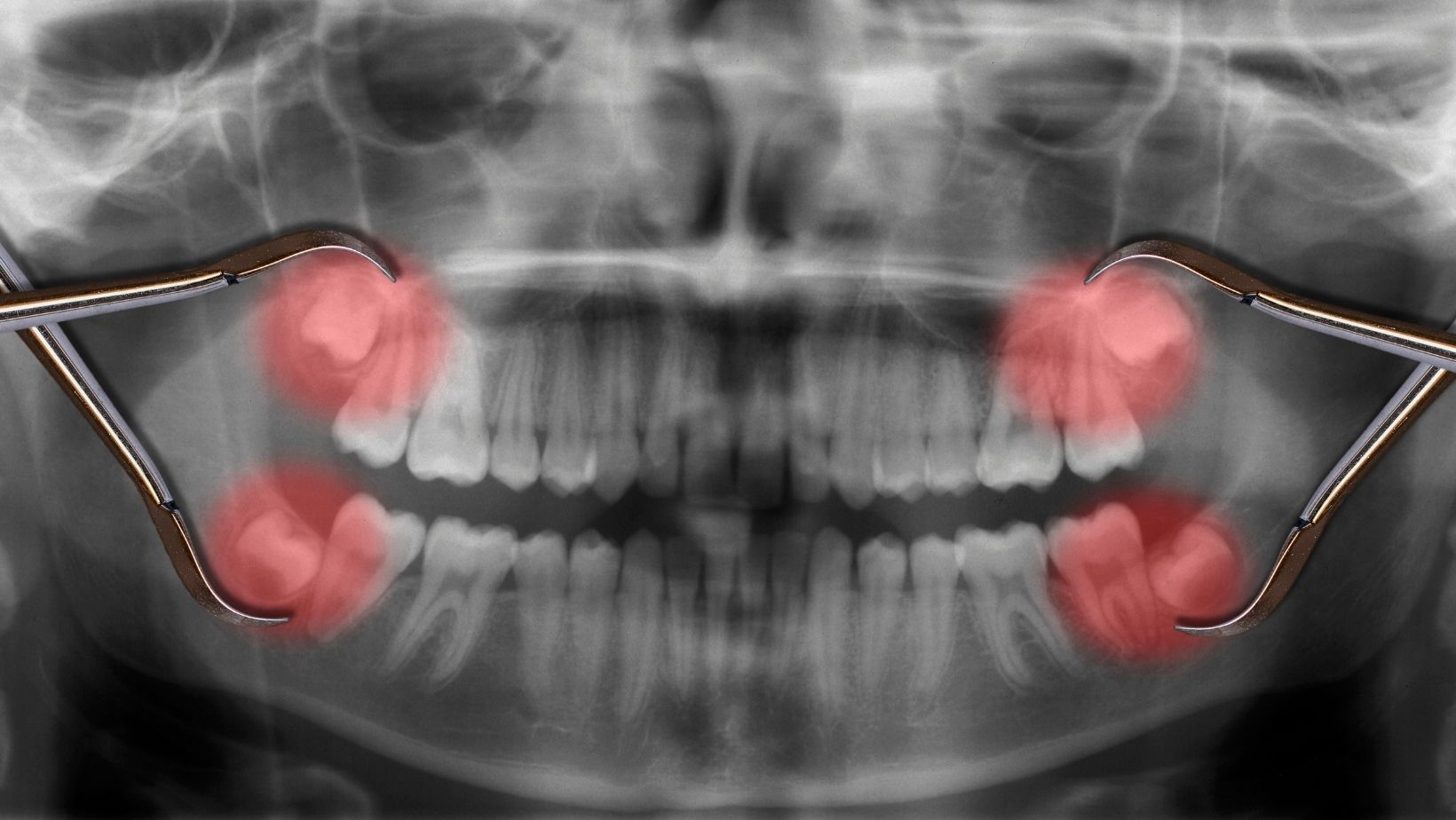
Wisdom teeth removal. Is it necessary?

Wisdom teeth are the third molars. According to American Dental Association, they appear between the ages of 17 and 21. The name is age-related because third molars erupt at the age when we are thought to be older and thus wiser. You have to know that there are people who do not have wisdom teeth.
The wisdom teeth are not needed for chewing, so there is a true debate among dentists whether to keep them or not. In the past the diet was too abrasive to the teeth, so the third molars had their utility. But nowadays diets are softer and there is evidence that modern people have smaller jaws than the prehistoric humans. So they do not need the third molars.
Problems with wisdom teeth may include infections, tooth decay, gum disease, damage to the neighboring teeth, pain and discomfort. Sometimes they may only partially erupt, or be trapped in your jaw or under your gums. This means they are impacted and unable to emerge. As wisdom teeth try to emerge, they can push other teeth out of the way and interfere with orthodontic work. Since third molars have little function and they may cause oral health problems, wisdom teeth will end up being removed.
Removal is easier in younger people, when the wisdom teeth roots are not fully developed and the bone is less dense. In older people, the removal is more difficult and the healing time is longer. Even if impacted wisdom teeth do not cause symptoms, some dentists recommend removing them surgically to prevent future problems. The extraction is a common procedure, done under local anesthesia.
Dentists will recommend you the extraction in one of the following situations:
- When it is clear that they will not emerge because there is not enough room, and they are also cause for pain and discomfort.
- If they have only partly come through and are decayed – these teeth will often decay as it will be difficult to clean them.
- If wisdom teeth haven’t come in properly. This situation can make it difficult to floss between the wisdom teeth and the molars next to them.
- If wisdom teeth have partially come through. They provide bacteria with a place to enter the gums and create a place for infection to occur.
- If they are painful.
Is wisdom teeth removal difficult?
Depending on the position and shape of the roots, wisdom teeth can be harder and easier to remove. Usually, upper wisdom teeth are easier to remove than lower ones. Your dentist will tell you after taking x-rays. Several stitches may be needed to close the surgical site and promote healing of the gum tissue. These stitches may be dissolvable stitches that come out on their own after three to five days or stitches that need to be removed by the dentist who performed the removal after a certain period of time.
The healing from wisdom teeth extraction usually occurs within three to five days. It is normal to have slight bleeding where the wisdom tooth had been. Complete healing of the gums may take three to four weeks.
As a conclusion, wisdom teeth are the teeth which appear the last ones, and opinions regarding their removal are split. There are certain situations which require the removal. But the best thing you can do is to discuss with your dentist and decide what it is better for your oral health.
If you have wisdom teeth and you need a consultation or you simply searching for a dentist for your wisdom teeth removal, make an appointment or call us at 610.647.7611. Dr. Arhiri will have a look and will recommend what is best for you.



